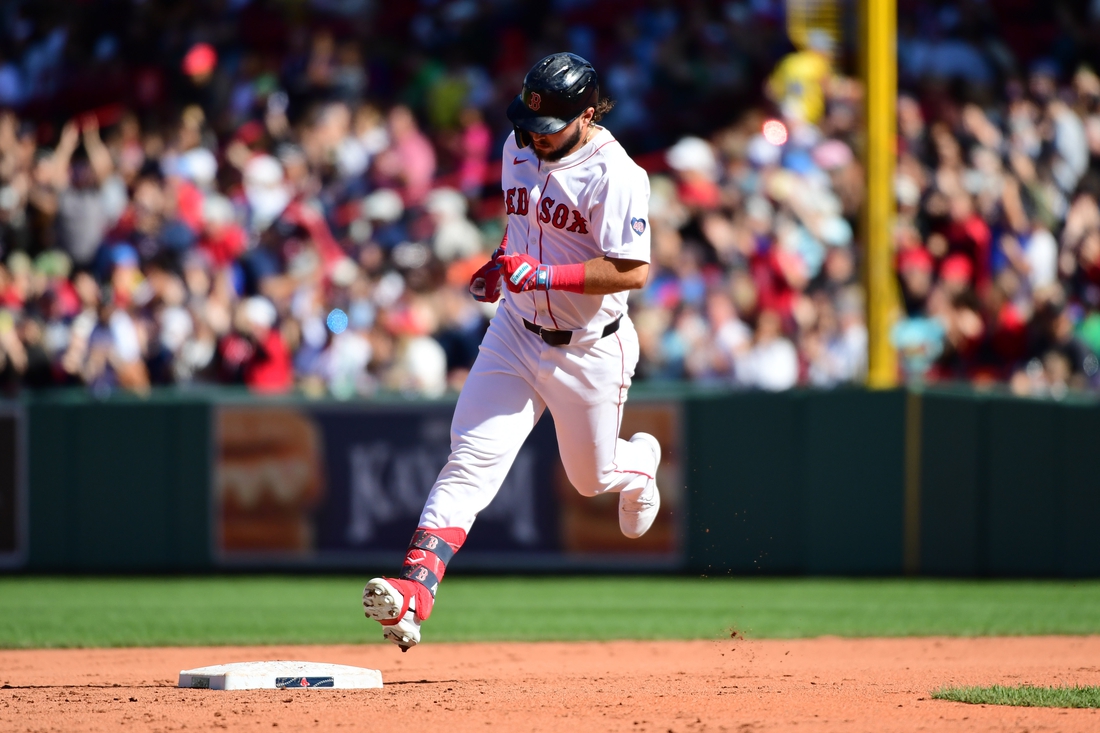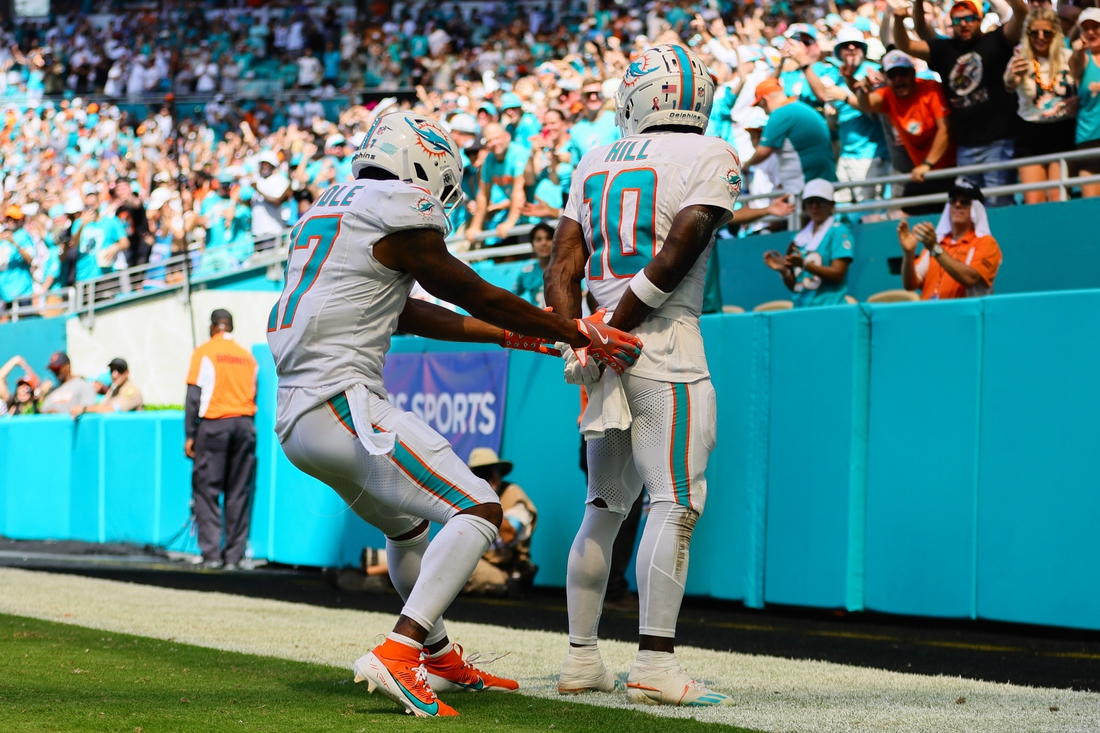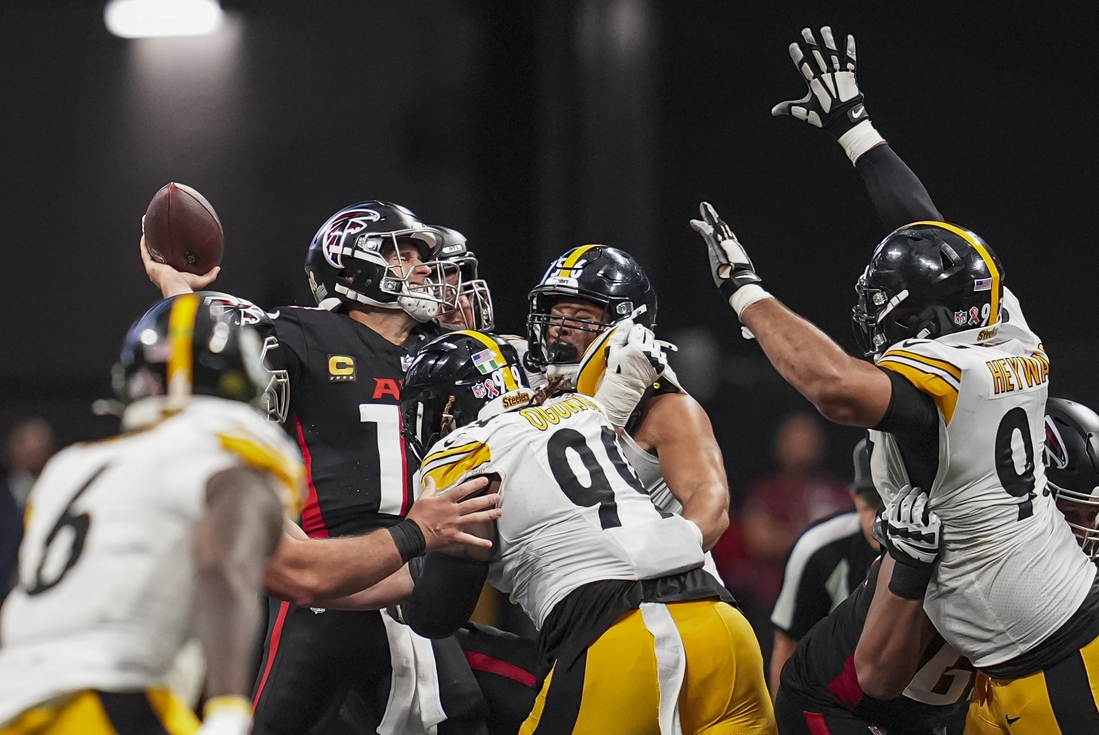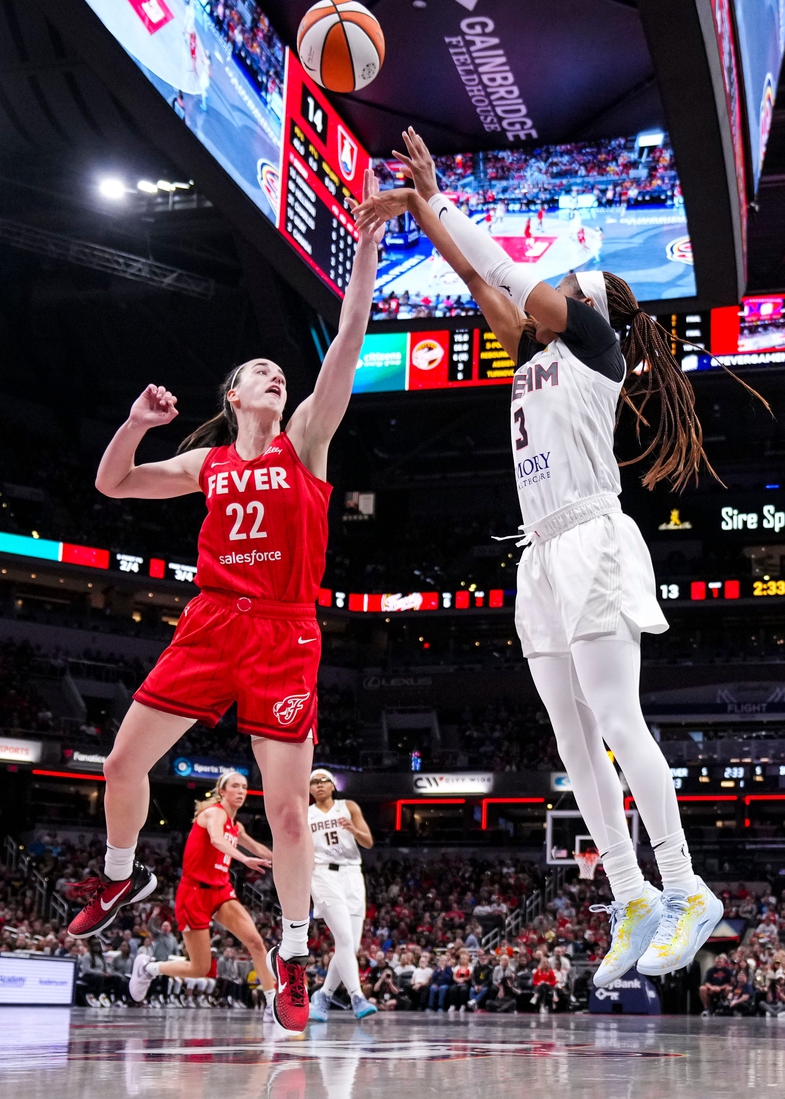The NBA trade deadline was unsurprisingly mundane except for one team: the Dallas Mavericks. Sitting at 29-23, good for eighth in the West, GM Nico Harrison jettisoned Richaun Holmes, Seth Curry, Grant Williams and draft picks in two separate trades for PJ Washington from the Charlotte Hornets, and Daniel Gafford from the Washington Wizards.
However, since the Mavs moved their 2027 first-round pick, they don’t have a first-rounder to trade through 2030. The new CBA rules dictate that teams can’t go consecutive years without a first-round pick. So, since they dealt their 2029 first-round selection to the Nets in the Kyrie Irving deal, Dallas can’t do jack with its 2026 or 2028 picks.
That’s significant because first-round picks are often the only currency fringe contenders have to immediately improve their roster without losing on-court contributors, and the Mavs are certainly fringe contenders. Acquiring Washington and Gafford should help with depth, but no one is going to talk themselves into the Mavs as a dark horse.
No, this feels like those late-stage Damian Lillard Portland teams, right down to the Western Conference Finals appearance that feels fluke-ish, with each passing playoffs. Dallas is a second-banana short regardless of Irving’s relatively distraction-free year.
I’m also not sure if Washington and Gafford will reset the locker room. When adding supplementary pieces, the thought process needs to be more than numbers. Gafford’s 10 points, 8 rebounds and 2 blocks this year came on a Wizards team with zero accountability. Same for Washington, who isn’t a great floor spacer, and hasn’t felt a burden to win really at all during his four and a half seasons in the NBA.
Obviously, it’s more difficult to pry contributors away from winning clubs, yet buying high-ish on good stats, bad team players will get you nowhere, and that’s when the gaze of ownership can start to wander.
Really, the only parts left to swap out are coach Jason Kidd and Harrison in the front office. We’ve seen coaching and GM changes alter the trajectory of an underperforming team before — most notably Steve Kerr replacing Mark Jackson on the Warriors — but more often than not it ends up like Chauncey Billups in Portland, Darvin Ham in LA or Doc Rivers in Milwaukee. It’s nearly impossible to galaxy-brain your way out of a flawed roster, and it’s not as if there’s untapped potential in Dallas.
There’s no Draymond Green in a cocoon waiting to spread his wings, or system to implement that will turn this group into a perennial contender. However, when you have Luka Dončić, that’s the expectation. You can’t preach patience six years into his career, especially for a guy averaging 34, 9, and 9.
I mean, I like Shai Gilgeous-Alexander as much as the next NBA hipster, but he shouldn’t get stealth MVP treatment before Dončić. It appears we’ve moved past stats equating to MVP hype due to the out-of-control scoring in recent seasons because Dončić fills up a score sheet like few others can. Animosity toward voters, franchises and naysayers begins when a player feels like his brilliance is being overlooked or taken for granted.
Yes, the front office is moving heaven, earth and all the first-round picks in its power to reassure Luka that its immediate goal is an NBA title, but PJ Washington might as well be Christian Wood. With former Mav Jalen Brunson leading the New York Knicks to a better record than Dallas, there’s more than enough history and mismanagement to understand if Dončić becomes frustrated.
Perhaps one of the first-round picks that the NBA forced Dallas to retain will turn into a running mate worthy of Dončić’s talent, because Irving brings significantly less immeasurables to the table than Brunson, and the culture in Dallas is stale. And complacency in the NBA is only accepted after you’ve reached the promised land.







